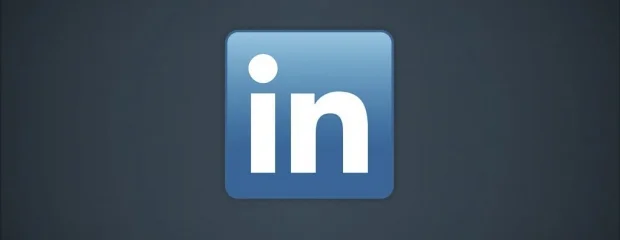LinkedIn can be a handy tool for networking, marketing, and building your company/personal brand. However, it can prove to be a very reliable way to discredit yourself and your company and annoy other users.
There are a certain number of actions that you should avoid if you want your profile to remain credible and your brand optimized:
Skills
Listing every skill under the sun is a good way of reducing the impact and credibility of the true skills that you do have. For example, listing ‘Social Media’ is like listing ‘socializing’ on your CV, it doesn’t mean anything, are you skilled at ‘Social Media Marketing’, ‘Social Media Advertising’, or ‘Social Media Network Development’? The more skills you add, the less credible your true qualities become as they will simply be lost among the irrelevant cloud of skills listed on your profile.
Pointless contact collecting
Some believe that the more contacts you have on LinkedIn, the better. LinkedIn should not be a popularity contest and obtaining hundreds of contacts that are of no use to you, and will never be contacted, is pointless and simply makes future connections think twice before accepting your invite to connect with them.
Spamming
Sharing information is one of the real benefits of LinkedIn and other networks. Sharing 10’s stories in one go, multiple times per day, will aggravate those connected to you. As well as clogging up their feed the chances of them reading your updates are reduced significantly, conversely, the chances of them ‘hiding’ your updates or removing you as a connection will increase. Similarly, don’t spam all of the groups you belong to with updates, it won’t get you anywhere. Share interesting and relevant information, but keep the frequency sensible.
Profile photo
Using a photo of you down the pub with your mates or in a swimming pool on holiday is not the best impression to give on a professional network. Neither are you a ‘Wizard’, ‘Hero’, or ‘Ninja’. Use your official title (if it’s one of the aforementioned then it might be time to have a chat about job titles with your boss).
Inappropriate Content
Another pitfall to avoid is sharing content that is not aligned with your professional image. LinkedIn is not a place for controversial opinions or inappropriate humor. The content you share should reflect your professional interests and expertise. Think carefully before posting and consider whether the content will enhance your professional reputation or detract from it.
Endorsements
Endorsements can boost your credibility, but only if they are genuine. Avoid the temptation to exchange endorsements with friends or colleagues just to build up numbers. It’s better to have fewer, but meaningful, endorsements from people who can genuinely vouch for your skills and experience. This adds real value to your profile and enhances your credibility.
Recommendations
Recommendations are another important feature of LinkedIn. They provide testimonials from colleagues, clients, and other professional contacts. However, don’t solicit recommendations indiscriminately. Aim for quality over quantity. Recommendations should come from people who have worked closely with you and can speak to your professional abilities and character. This gives a more accurate and compelling picture of your capabilities.
LinkedIn Etiquette
Finally, always remember LinkedIn etiquette. Be polite and professional in your interactions. Respond to messages in a timely manner and be respectful in your comments and posts. Your behavior on LinkedIn should reflect the same level of professionalism you would display in a face-to-face business setting.
In conclusion, LinkedIn is a valuable tool for building your professional network and brand. By avoiding these common pitfalls, you can maintain a credible profile and make the most of what LinkedIn has to offer. Focus on quality, professionalism, and meaningful interactions to enhance your LinkedIn presence.









